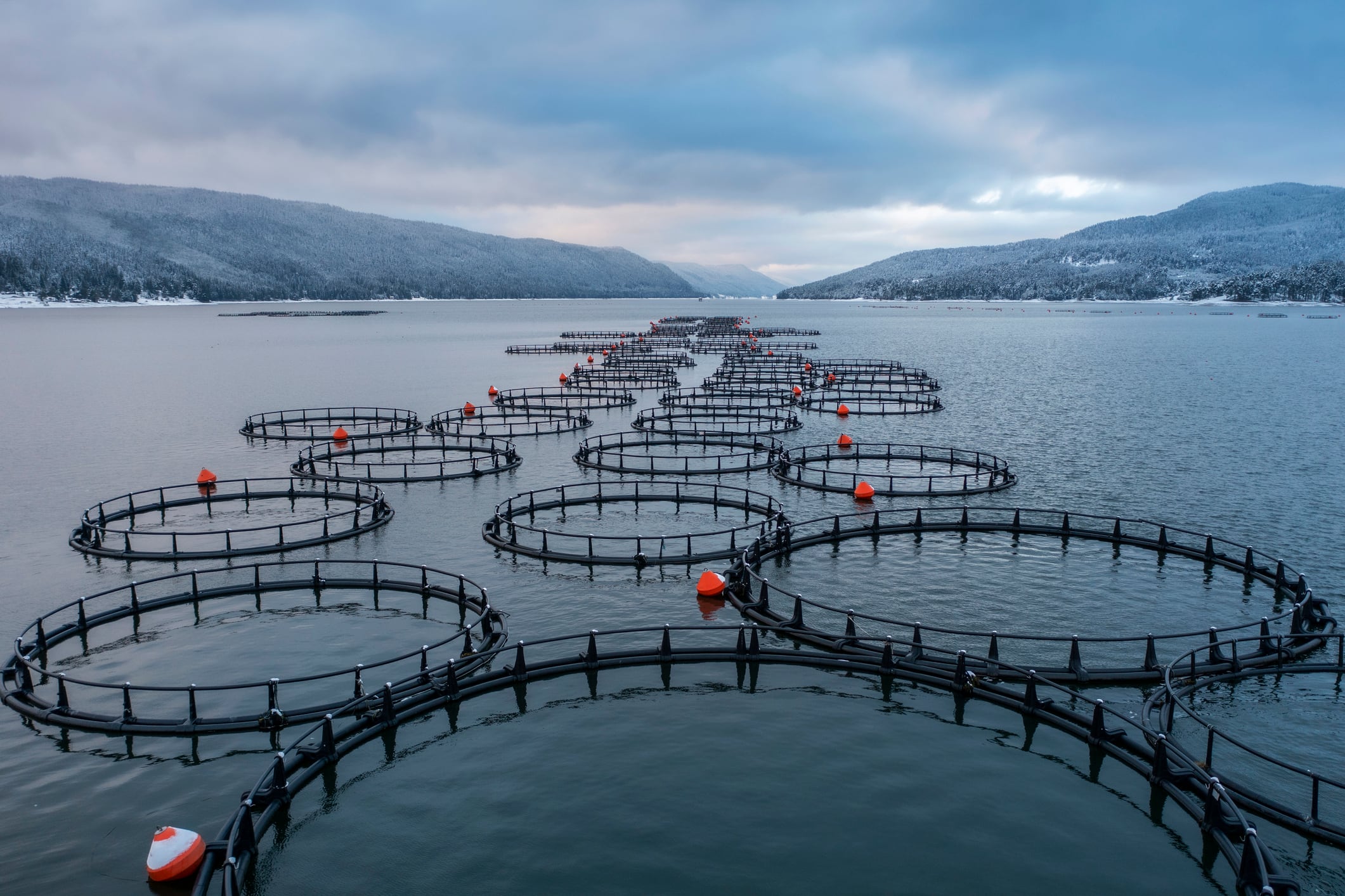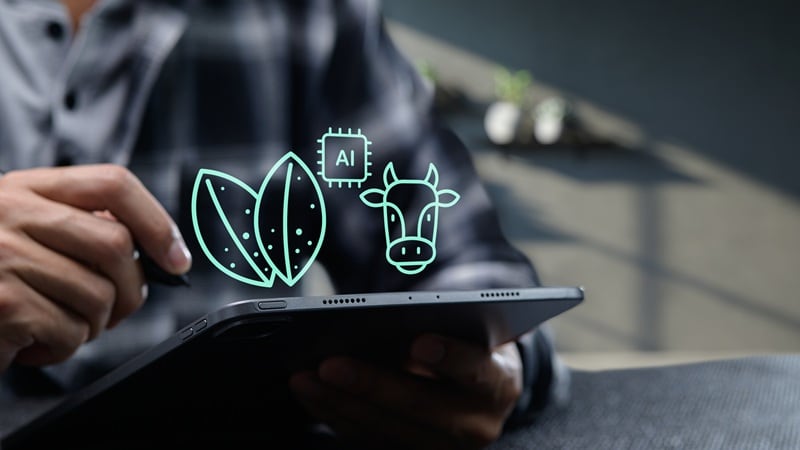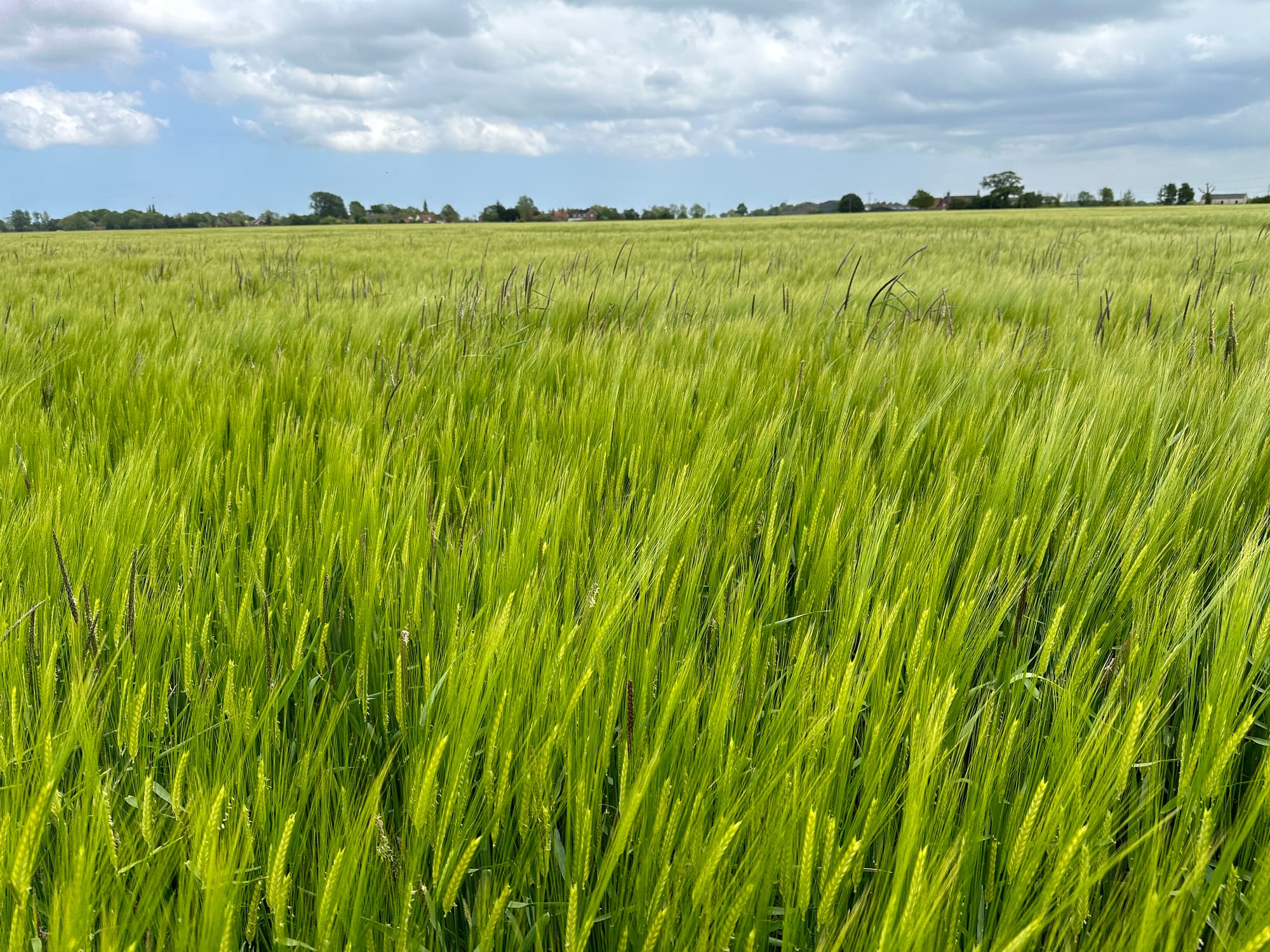The company upcycles agri-food waste such as grains and brewery byproducts, converting them through solid-state fermentation by leveraging mycelium to create a sustainable feed component.
“I see not only a need for more protein in the world, but more sustainable, circular, locally produced novel ingredients that can either replace or complement soy, fish meal, or even insect meal. We see this as a huge gap in the market,” said Johan Henriksson, co-founder and CEO of Seaqure Labs.
Speaking to AgTechNavigator at the Asia Pacific Agri-Food Innovation Summit held from November 4 to 6, Henriksson said the firm is targeting the opportunities in aquaculture.
“Aquaculture is the fastest growing food sector in the world. And it’s the most sustainable animal-based protein in the world as of now. I see a huge potential of improving that sustainability further by using mycelium,” said Henriksson.
Henriksson explained that compared to other novel ingredients derived from insects, for instance, its technology is more efficient.
“We use our traditional fermentation technology, which is significantly more efficient at converting byproducts and has a shorter production cycle than insects. It delivers equivalent protein levels while providing additional functional compounds like beta-glucans, vitamins, and pigment enhancers. We see mycelium as a highly beneficial ingredient for aquaculture.”
In October, Seaqure Labs was selected to be part of the 2025 Next Generation Pet Food Program, an initiative by Big Idea Ventures and Mars Petcare, with partners AAK, Bühler, and Givaudan.
Partners wanted
Seaqure Labs was at the event in Singapore seeking potential partnerships in the region.
“Aquaculture in this region is a huge market. The region has different species and varieties like grouper and shrimps. It would be a great market to enter in the coming years. I think there’s big awareness of sustainable blue economy, specifically in Singapore. It’s a small country, but there are huge incentives to strengthen the aquaculture and strengthen the supply chain,” said Henriksson.
This would open doors to other markets in the region such as Malaysia and Thailand, he added.
“We believe our ingredients can fit a wide range of markets. We’re still in exploration mode, but our technology allows us to produce and scale anywhere in the world using local side streams. The goal is to have decentralised local production close to the side streams, close to the feed mills,” said Henriksson.
Starting smalls
A major hurdle for the company is the industry’s demand for large volumes.
It is now seeking early partners willing to trial its products at low quantities to generate the feedback needed for scale-up. The challenge is heightened by what it describes as the sector’s limited appetite for new protein sources.
“I think they’re very much excited about new products. It’s just that they have quite high barriers for entry, meaning quality, quantity, and price. So, you need to reach a pretty high level before they start using new ingredients.”
The company’s recent trial on rainbow trout found that its mycelium-based protein had benefits that went beyond being a source of protein.
For instance, it found indications that it boosts the immune system, improved gut health and had better growth rates.
“We need to do more trials for further evidence. But based on the study we did, we did see reduced mortality rates,” Henriksson added.
In addition to more tests, the company is working to scale up its production and is seeking partners that can support its needs at this junctiure.
The company is seeking further validation of its ingredients and additional proof of its ability to scale production to many tonnes. It also plans to begin fundraising next year.





